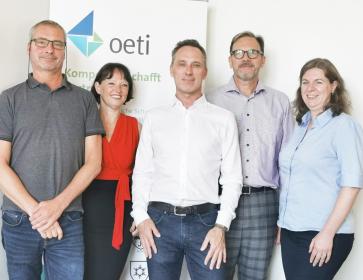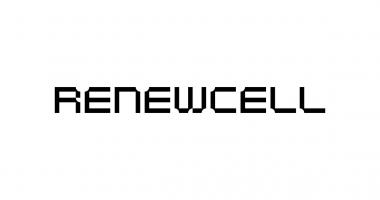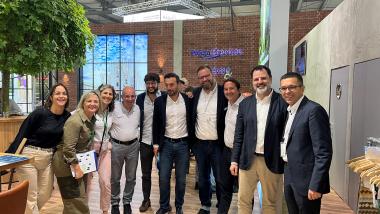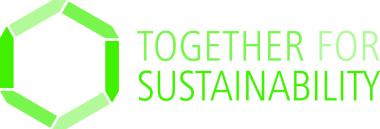OETI and MeineRaumluft join forces
OETI - Institute for Ecology, Technology and Innovation’ (or OETI for short), is now working with the independent platform ‘MeineRaumluft’.
OETI and MeineRaumluft will work closely together to make a sustainable contribution to optimising the indoor climate. Starting this autumn, they will implement a groundbreaking initiative in Austria. The primary objective of this initiative is to raise awareness of the significance of indoor air as a factor for health and productivity in work and office environments. This message will be conveyed by means of precise measurements, knowledge sharing as well as practical recommendations
OETI has a great deal of expertise in the field of indoor air measurements and certifications. The accredited institution is certified for emission testing according to ISO 16000 parts 2, 3, 6, 9 and 11 as well as EN 16516. OETI also sets standards for indoor air quality with its CLEANAIR certification.
OETI - Institut fuer Oekologie, Technik und Innovation GmbH





























